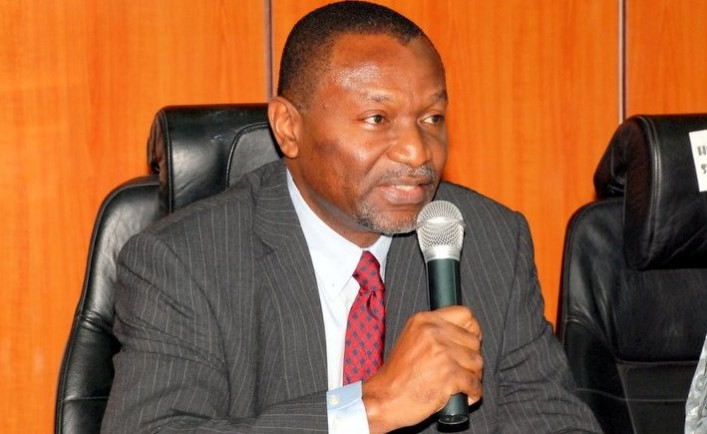Nigeria External reserves drop by $6.7bn in 21 months

[su_dropcap]N[/su_dropcap]IGERIAN external reserves reduced by $6.7bn within a period of 21 months. This disclosure was contained in a paper presented to the just-concluded two-day retreat of the National Economic Council by the Minister of Budget and National Planning, Senator Udo Udoma.
Our correspondent on Wednesday sighted a copy of the paper entitled: ‘Strategic Implementation Plan for the 2016 Budget of Change,’ which was presented behind closed doors at the repeat held inside the Presidential Villa, Abuja.
The paper was meant to give an overview of the nation’s economy.
According to Udoma, the nation’s external reserves stood at $37.5bn as of June 2014.
The minister, however, regretted that as of mid-March this year, the figure had reduced to $27.8bn.
Udoma disclosed that 28 of the 36 states of the federation had between August 2015 and January 2016 benefitted from the Central Bank of Nigeria’s salary bailout facility meant to cushion the effect of the economic crunch on the states.
He said a total of N373.56bn was disbursed to the states.
The minister said the states also had their bank loans amounting to N575.52bn restructured into 20-year Federal Government bonds.
Udoma said the 2016 budget, which was passed into law by the National Assembly on Wednesday, was specially designed to reflate the economy through government expenditure-led growth strategy with emphasis on infrastructure development.
“Most of the policies, programmes and projects (in the 2016 budget) will need the support of state governments for effective implementation,” he noted.
Another paper entitled: ‘Investing in our people: The role of state governments’, prepared by the Office of the Vice President raised the alarm that with the rising economic and security challenges facing the nation, the number of Nigerians in dire need of support was growing.
The document noted that over 11 million Nigerian children were suffering from malnutrition, according to the record of the UNICEF, while over 120 million Nigerians were living on less than $2 per day, according to the World Bank.









0 Comments